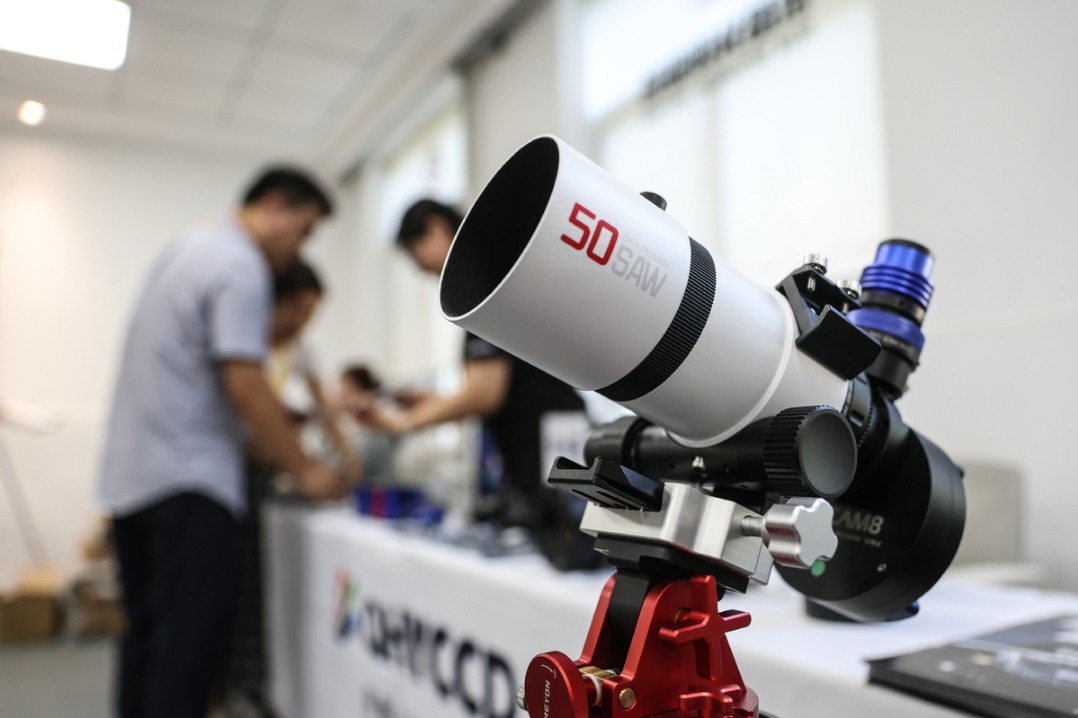Campaign seeks to rectify dubious enforcement

Swift action has been taken to address excessive inspections, arbitrary fines and fees, and profit-driven enforcement by local authorities as part of a nationwide campaign aimed at improving the business environment, officials said on Thursday.
The campaign, launched in March, seeks to resolve long-standing administrative law enforcement issues that have drawn serious complaints from businesses, including inconsistent enforcement standards, abuse of power, bribery and rough law enforcement, according to Hu Weilie, vice-minister of justice.
"Such issues are widespread and causing serious harm," Hu said at a news conference held by the State Council Information Office. "The success of this campaign depends on whether these problems can truly be rectified."
As part of the effort, authorities have established a digital platform to support administrative law enforcement involving enterprises. The platform consolidates problems and automatically distributes them to relevant regions and departments, significantly boosting efficiency, Hu said.
The platform also performs real-time statistical analysis to issue alerts. For example, if confiscation revenue grows more than 20 percent year-on-year, local authorities will be required to explain the increase and implement appropriate follow-up measures, he said.
Ji Xiaoling, an inspection specialist at the State Administration for Market Regulation, said arbitrary administrative fees remain an issue in some sectors, with certain authorities still abusing their dominant positions to levy illegal charges, despite repeated bans. Businesses have also raised concerns about hidden fees on e-government platforms.
"We will strictly investigate unauthorized fee collection and overcharging by government departments," Ji said, adding that enforcement will also be strengthened in the transportation and logistics sectors, including land and maritime ports.
Yang Zhihui, director of the Bureau of Workplace Safety Law Enforcement and Industrial and Commercial Safety Supervision under the Ministry of Emergency Management, said emergency management departments will work to avoid excessive inspections while also guarding against lax oversight.
To reduce the frequency of on-site inspections, non-site inspections are being piloted in nine provinces, Yang said. These efforts are supported by technologies such as big data and artificial intelligence, enabling more precise enforcement and better prevention of workplace safety incidents.
Hu said a range of innovative practices, including joint and non-site inspections, have already led to a sharp reduction in unnecessary inspections nationwide.
From January to April, the total number of administrative inspections in Beijing fell by 72 percent compared with the same period last year, while non-site inspections rose by 48 percent. Despite the drop in on-site inspections, the effectiveness of enforcement improved, with a 26 percent increase in issue detection, he said.
cuijia@chinadaily.com.cn
- East China's Fujian activates flood emergency response
- Northwest China's Gansu upgrades mountain torrent alert to orange
- Distinguished German brewer explains why he now calls Liaoning home
- China activates level-IV emergency response for flood control in Gansu, Qinghai, Ningxia
- Guangdong activates emergency response for flood
- Five people die in Wuzhou building fire





































